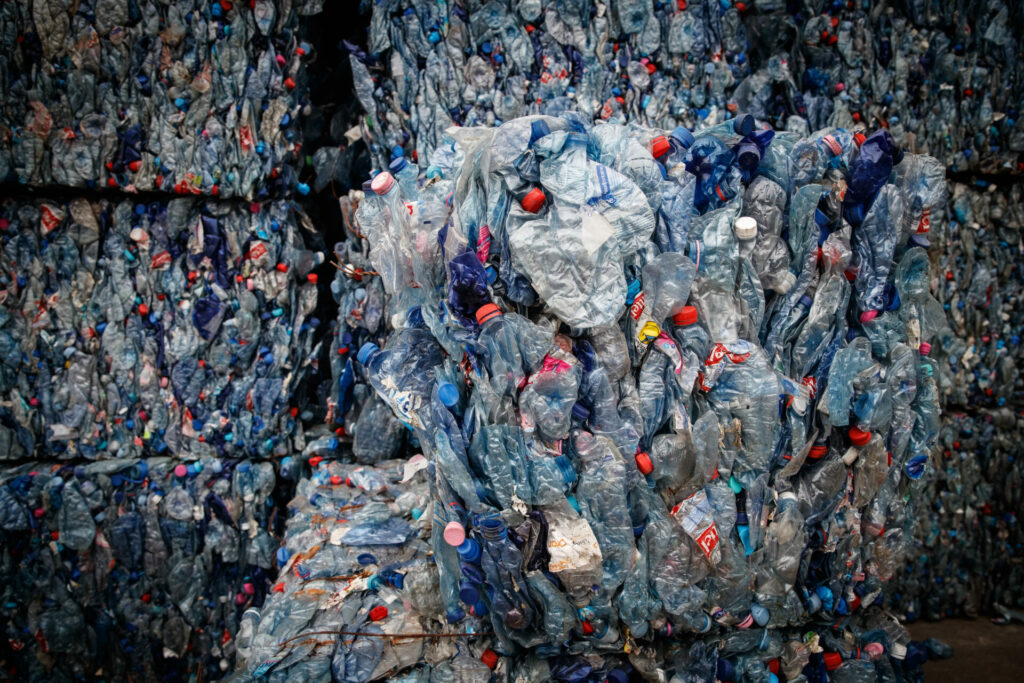Researchers at the University of Antwerp (UAntwerpen) have succeeded in creating a technique that could result in a "breakthrough for plastic waste."
For a recent study, researchers created a technique to turn plastic waste into "aromatic compounds" which can be used as raw materials for petrochemicals. These compounds, such as benzene, are not only in great demand in the petrochemical industry, but can also be used to make paints and coatings, pharmaceuticals, chemicals and detergents.
"If this technique were applied worldwide, 17 million tonnes of waste could be used to create raw material every year," Shoubhik Das, a researcher at the Department of Chemistry at UAntwerpen in charge of the project, told Belga News Agency.
Plastic pollution is a nightmare at this moment. On the other side, you can get valuable molecules from plastic waste. To bridge these two, we have developed an integrated strategy. https://t.co/o4Ya9MVNtM
— Das group (@shoubhikdas4) June 23, 2022
The production of such molecules is still entirely based on petroleum and coal, an environmental red flag, which is why new techniques are urgently needed.
Das, however, has worked out a way to synthesise the compounds from plastic waste through a technique that converts polystyrene (plastic of petrochemical origin, ed.) into aromatics via a process for the transfer of hydrogen atoms called 'Hydrogen Atom Transfer' (HAT).
Related News
- French vessel embarks on odyssey against plastic pollution of the oceans
- Microplastics found in human blood for first time
Researchers hope that this technique will offer a dual solution: it would help to massively reduce the large quantity of plastic waste mounting up across the world by upcycling existing plastic waste, and also provide an alternative strategy for tackling environmental problems.
"It is shocking that today only 9% of all plastic produced is recycled," said Das. "We have now worked out a way to synthesise aromatic compounds, such as benzene, from plastic waste, rather than from petroleum or coal."

